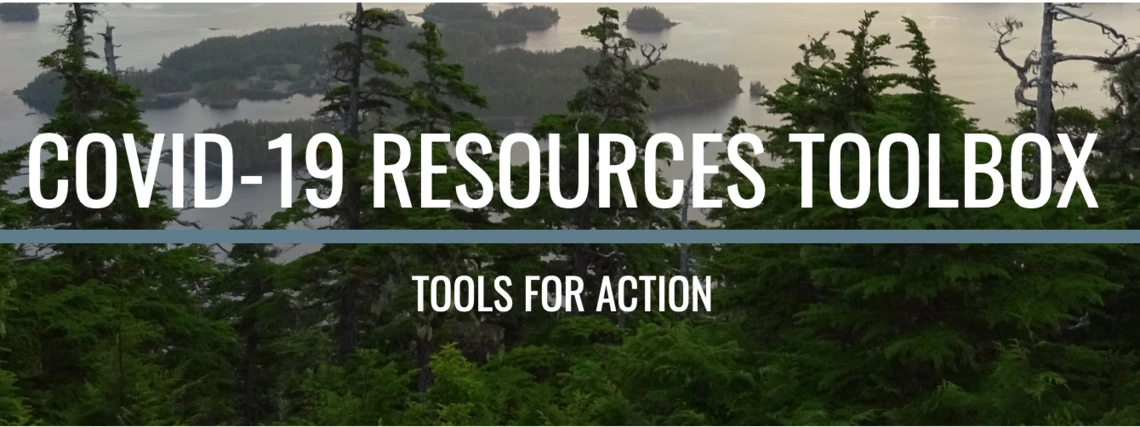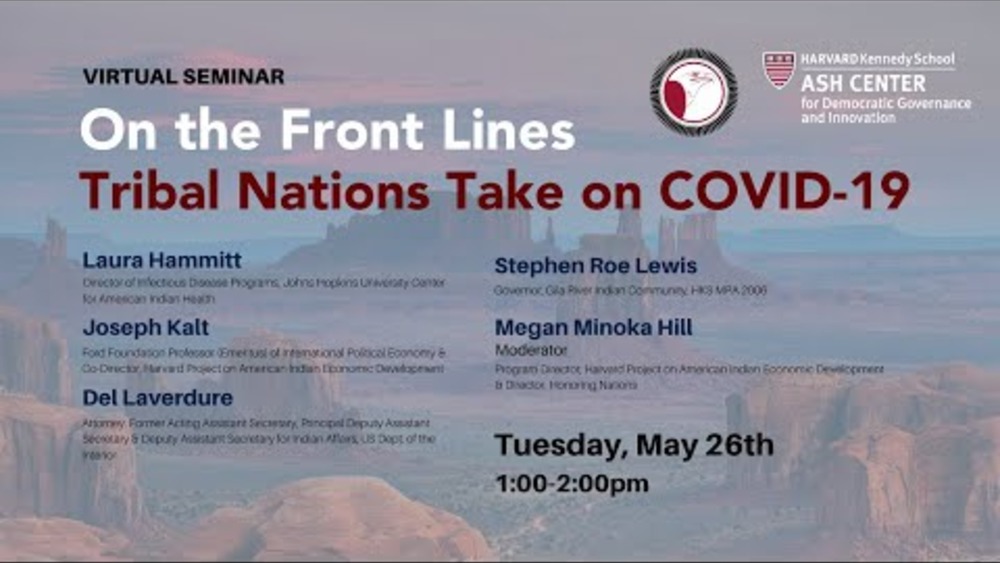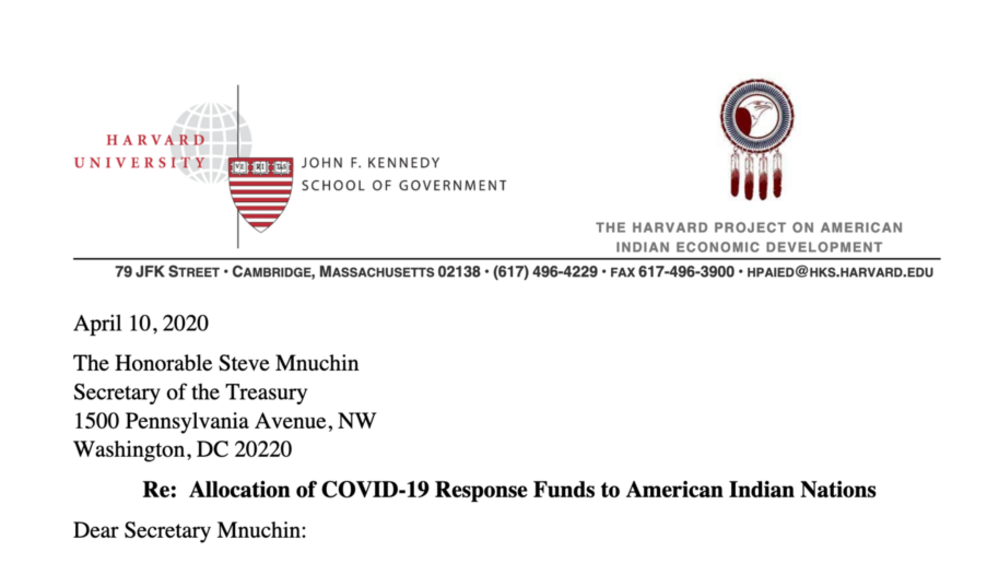As the country responds to the coronavirus (COVID-19) pandemic, the task before tribal nations is complicated by many unknowns. The Harvard Project recognizes the challenges you're up against and we want to help. We are not experts in the health consequences of the pandemic, but we are monitoring tribal governments' response to the crisis. Across Indian Country, we are witnessing tribal leaders and national Native organizations taking action to protect and position Native nations to see a better tomorrow. These examples and many more make up the contents of this COVID-19 Resources for Indian Country toolbox. We've pulled together resources that demonstrate ways to build governance capacity, illustrate best practices by tribes, provide trusted information about the virus itself, and supply tribal health ordinances intended to meet your immediate needs. Native nation building begins with strong governance, and we hope the examples in this toolbox spark ideas for action that strengthens your community.
Additional Information
The Harvard Kennedy School Project on Indigenous Governance and Development. "COVID-19 Resources for Indian Country." November 2021. Online Toolkit. (https://sites.google.com/g.harvard.edu/covid-19-resources/..., accessed May 31, 2023.)




